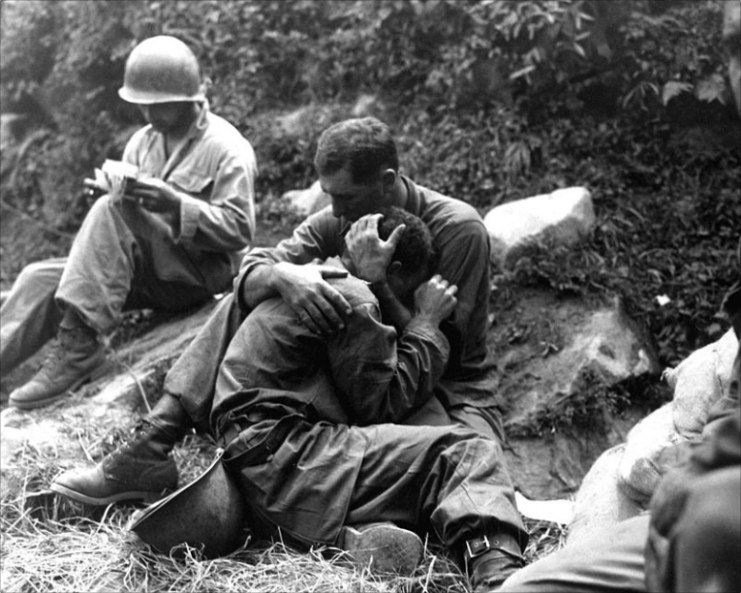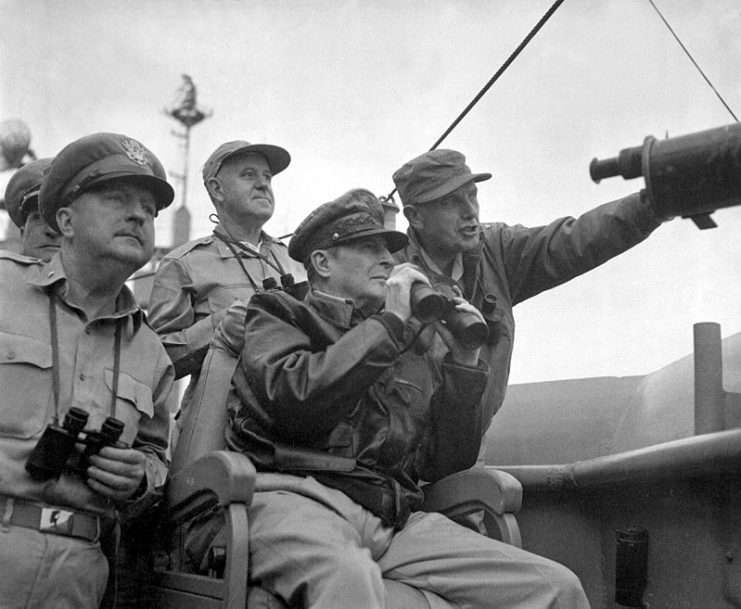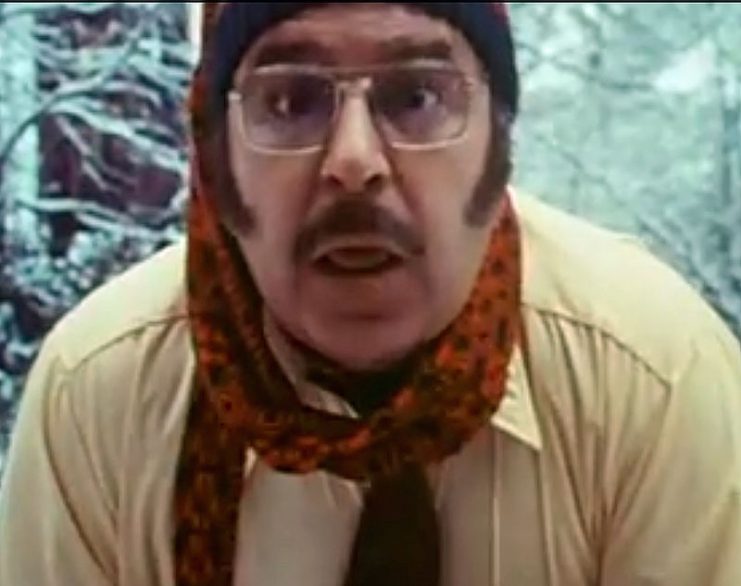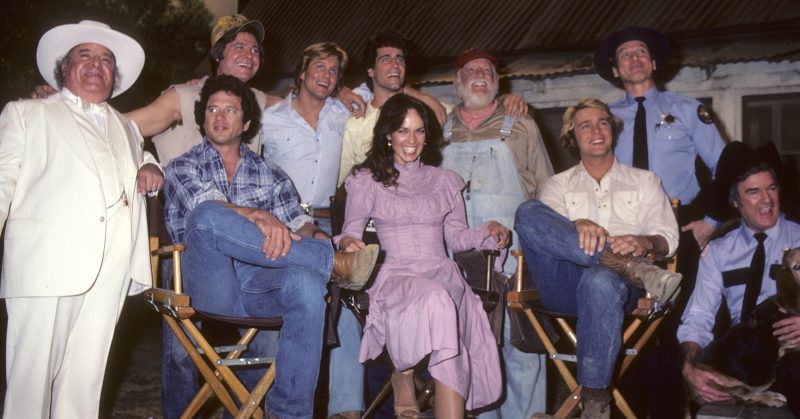The Dukes of Hazzard spent seven seasons regaling television viewers with the antics of a group of southern cousins as they dealt with everyday life that somehow involved leaping over ramps in a banged up but iconic car.
Opposing the cousins with all the skill of Barnie Fife on valium stood, among others, Commissioner Boss Hogg, a corrupt and greedy politician that managed to embody every southern stereotype while still being a beloved character to many who watched the show.
Played by long time actor Sorrell Booke, the man himself had a much wider range of skill and talents than the bumbling Boss would have some believe.
Born in Buffalo, New York, on January 30, 1930, he started acting before he was ten years old. Despite the early start to his long acting career, Booke took some time off to earn an Ivy League education from Yale and Columbia Universities. During that time he became fluent in five languages, including Japanese and Russian.
These linguistic skills were put to good use when the United States led United Nations forces during the Korean Conflict. During the fighting, Booke served in counter-intelligence, utilizing his mastery of languages to fight persistent intelligence efforts by Communist forces.
Like most who engaged in such work, his actual efforts during the conflict remain hard to discern specifically. Generally, however, counterintelligence efforts included debriefing returned and escaped American prisoners of war, observing terrain favorable to enemy and allied movements, and keeping tabs on enemy intelligence efforts in Korea and Japan.

The Korean Conflict was a hodgepodge affair, and its intelligence efforts were no exception. A source on the matter noted that despite these problems, “The system of arrest, detention, and thorough interrogation was effective in that many of the controlling enemy agents were removed from circulation.
The transmittal of vital information and free liaison between enemy agents and North Korean authorities was controlled and curtailed, and espionage operations by North Korean agents in general was retarded.”
Despite such success, Korean intelligence and counterintelligence was just as ad-hoc and seat of the pants as the overall conflict. Conducting operations, obtaining evidence, and coordinating with fellow agencies while often working against them complicated matters to almost satirical levels.

Through it all agents like Booke did what they could to support the soldiers on the ground and pilots in the air, making sure they could conduct operations without risk of sabotage or ambush.
Ironically, Booke appeared in a show that brought to light just how ludicrous some of the Korean Conflict’s antics were. In two episodes of the satirical comedy turned dramady M*A*S*H, Booke appeared as General Barker.
Though he did not appear in an episode featuring CIA Agent Colonel Flagg, Flagg’s efforts, oftentimes counter to those of the Army Counterintelligence Corps (CIC), no doubt would have struck a chord with the man.
Like many who served, Booke remained humble about his activities during the conflict, to the point that many noted astonishment of his 007-like efforts during the conflict after he passed away. A humble, jovial, intelligent man, Booke reminds us all of the heroes serving our nation.

Though he may not have fought on the front lines, storming Inchon or the hills of North Korea, his efforts were no less laudable and no less worth noting.
Heroes come in all shapes and sizes, and though Booke needed a fat suit for his role on Dukes, the thought of a white suited, corrupt county commissioner counter-spying Russian, Chinese, and North Korean spies is almost as inspiring as his actual efforts during the war. Thanks to him, the North Koreans learned that when you grab a bull by the horns, you best be ready for a ride.
